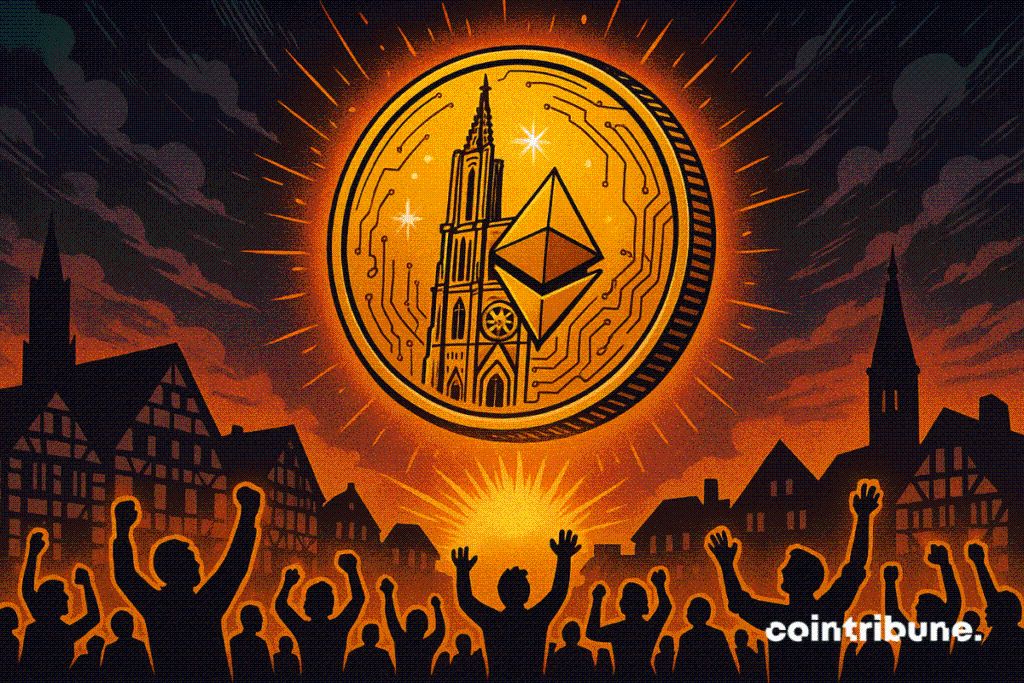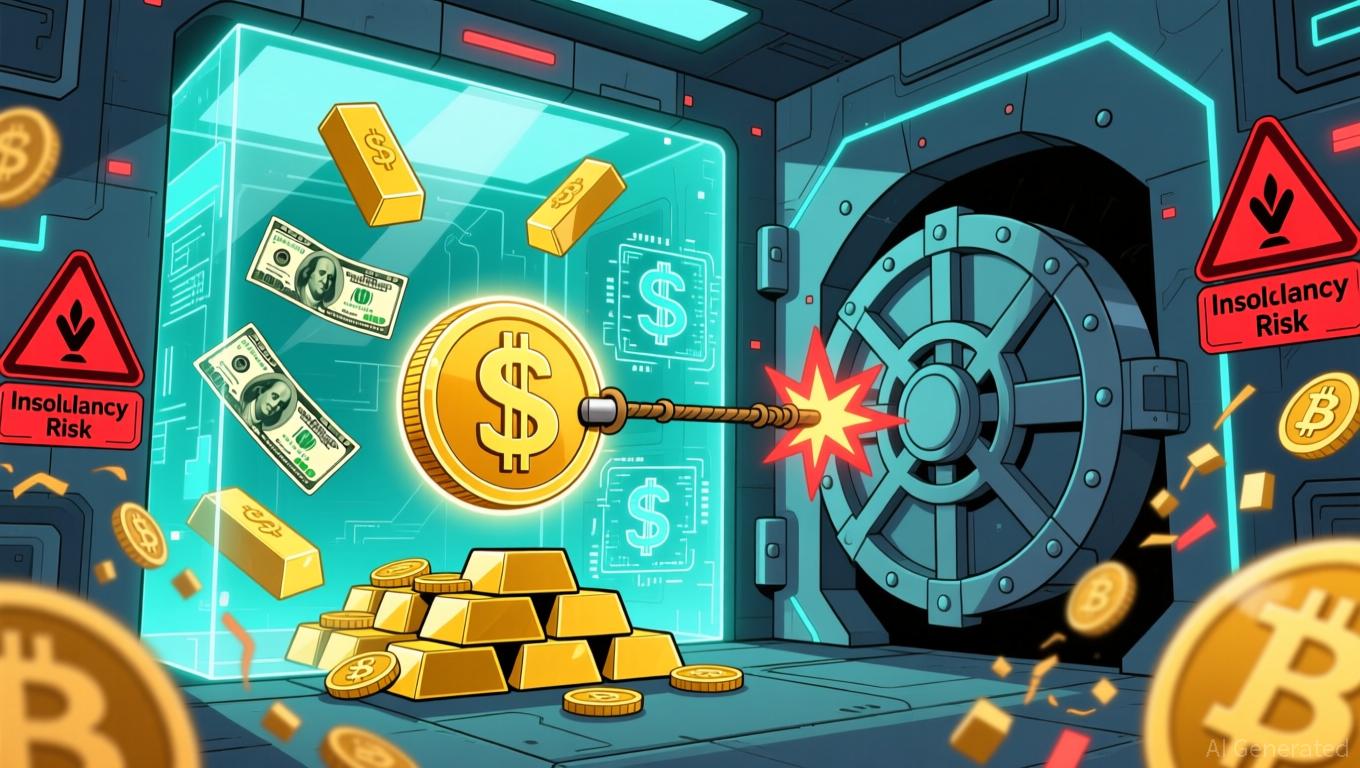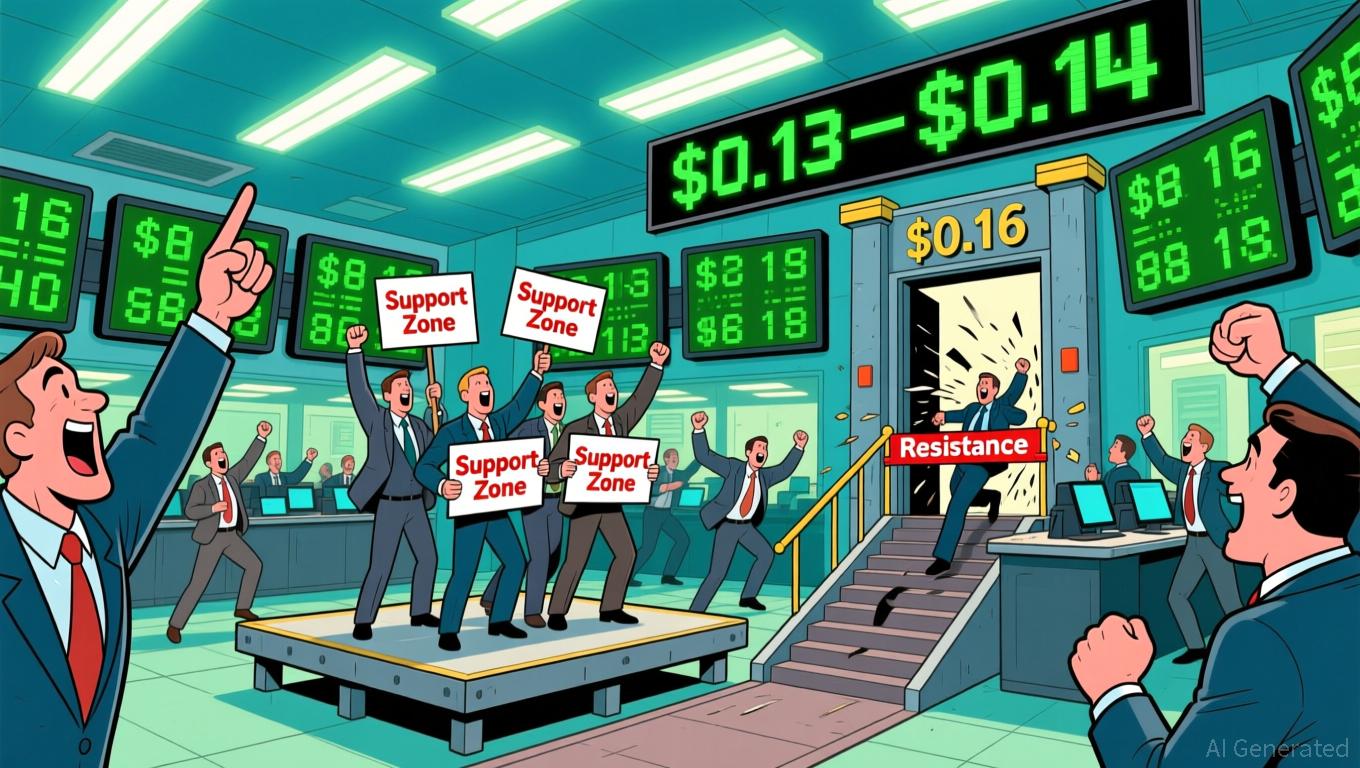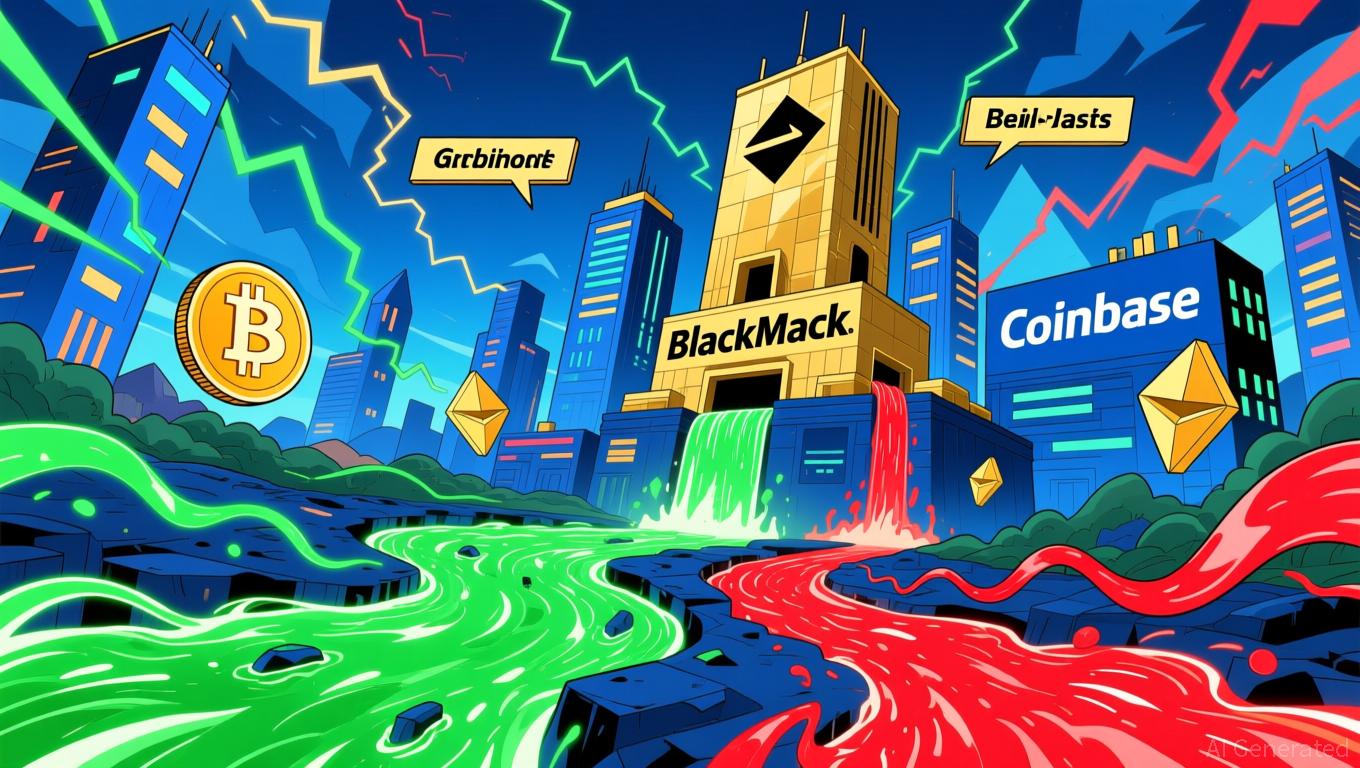Est-ce qu’il faut une cryptomonnaie locale ? Est-ce qu’il faut promouvoir Bitcoin au niveau local ? Miner ? Avoir un stablecoin adossé au 🥨… ? A voir.
— Caroline Zorn (@c_zorn) September 29, 2025
En tous cas, on va en parler avec des gens qui ne savent actuellement RIEN de ce que cela peut apporter.
Digital Currency Project Under Discussion In Strasbourg
By:Cointribune
Summarize this article with:
ChatGPT Perplexity Grok
Strasbourg could soon become the first major French city to adopt a municipal crypto. What was yesterday reserved for Web3 activist circles is now entering the local public debate. The City Council has adopted an unprecedented motion : to study the feasibility of a local digital currency. The goal is to explore new economic, social, and technological avenues. An unprecedented initiative for a major French metropolis, which explores digital levers serving the local economy and citizen participation.

In Brief
- Strasbourg has adopted a motion to study the creation of a local crypto, a first in a major French city.
- Led by councilor Caroline Zorn (Pirate Party), this initiative aims to explore the economic, social, and technological impacts of such a project.
- The motion proposes consulting citizens and analyzing several options, without imposing a technical solution at this stage.
- Some elected officials are concerned about the complexity of the project and its environmental and operational implications.
A Motion to Initiate Reflection
While 90 % of Cannes merchants adopted crypto this summer , the city of Strasbourg adopted during a City Council session this Monday, September 29, a motion entitled “Let’s Consider a Local Cryptocurrency in Strasbourg”.
Presented by Caroline Zorn, city councilor, lawyer, and Pirate Party spokesperson, this motion does not yet launch a concrete project but engages the community in an exploratory phase. The goal is to analyze the impacts a municipal crypto could have on the local economy, tourism, and daily life of residents.
Here are the key points highlighted in the motion :
- A potential economic lever: a crypto could boost local commerce and support short supply chains ;
- A local innovation tool : it would allow experimenting with digital uses within the community, with local governance ;
- A citizen-centered project : public consultations are planned to involve Strasbourg residents in the reflection ;
- Attention to the environment : Caroline Zorn cites Bitcoin as an example for its potential, according to her, to “lower the price of energy”, despite frequent criticism of its carbon footprint ;
- An openness to Web3 uses : without prejudging the technology used, the motion leaves the door open to different options, including a local stablecoin.
The municipal opposition, however, expressed reservations. Céline Geissman, opposition councilor, raised environmental concerns often associated with cryptos, while highlighting the technical gap such a project could represent for a local government.
“Some elected officials don’t even receive their emails,” she quipped, pointing out the operational limits of such an ambitious technological shift. Despite these criticisms, the motion was adopted by 19 votes against 12 abstentions, marking the start of a study process, without a precise timetable at this stage.
Challenges, Uncertainties, and Perspectives of a Local Crypto
While the motion does not prejudge any specific technical solution, it opens a vast field of questions. On X (formerly Twitter), Caroline Zorn detailed the vague but deliberately open contours of the reflection : “Is a local cryptocurrency needed ? Should Bitcoin be promoted locally ? Mine ? Have a stablecoin backed by the pretzel…? We’ll see.”
She insists that the primary stakeholders, the citizens, still largely ignore what these technologies can bring them : “In any case, we will talk about it with people who currently know NOTHING about what it can bring.”
This participatory approach suggests that the municipality wants to build the project from the ground up, consulting experts but also simplifying concepts for the general public.
Technically, many uncertainties remain. What infrastructure to use ? What governance to consider ? What guarantees in terms of security, inclusiveness, and transparency ?
Legally, the room for maneuver of a local government is limited. Monetary law is regulated at the European level, and the Bank of France closely monitors experiments concerning digital currencies, not forgetting ongoing efforts around a possible digital euro, which could compete with or complicate any parallel initiative.
Beyond these obstacles, the Strasbourg project could open an unprecedented dialogue space between local institutions, Web3 actors, and citizens. By betting on active education and an exploratory approach, the municipality tests its territory’s receptiveness to alternative forms of economic organization.
0
0
Disclaimer: The content of this article solely reflects the author's opinion and does not represent the platform in any capacity. This article is not intended to serve as a reference for making investment decisions.
PoolX: Earn new token airdrops
Lock your assets and earn 10%+ APR
Lock now!
You may also like
Bitcoin News Update: S&P Rating Drop Highlights Tether’s Risky Asset Holdings and Lack of Transparency
- S&P downgrades Tether's USDT to "5 (weak)" due to high-risk reserves and transparency gaps. - Tether's 5.6% BTC exposure exceeds overcollateralization margins, risking undercollateralization if prices drop. - CEO dismisses critique as traditional finance bias, claiming no "toxic" assets in reserves. - Regulators intensify scrutiny as stablecoin centralization risks emerge amid $184B USDT circulation. - S&P urges Tether to reduce risky assets and enhance reserve disclosure to rebuild trust.
Bitget-RWA•2025/11/28 18:10

Dogecoin Latest Updates: Is a Repeat Performance on the Horizon? Holding $0.15 May Signal a 611% Rally for Dogecoin
- Dogecoin (DOGE) stabilized near $0.15 support, triggering historical 611% rally potential to $1 by 2026. - Grayscale's GDOG ETF and pending Bitwise BWOW ETF mark institutional adoption, though initial inflows remain muted. - Technical indicators show mixed momentum with RSI near oversold levels and key resistance at $0.16. - Market remains divided as ETF-driven liquidity and on-chain infrastructure contrast with macroeconomic and regulatory risks.
Bitget-RWA•2025/11/28 18:10

Turkmenistan’s Approach to Cryptocurrency: Centralized Oversight Amidst a Decentralized Age
- Turkmenistan legalizes crypto trading under strict 2026 regulations, granting state control over exchanges, mining , and custodial services. - Law mandates KYC/AML compliance, bans traditional banks from crypto services, and classifies digital assets into "backed" and "unbacked" categories. - Central bank gains authority to operate state-monitored distributed ledgers, contrasting with decentralized approaches in South Korea and Bhutan. - Framework aims to balance innovation with oversight, testing Turkme
Bitget-RWA•2025/11/28 18:10
Bitcoin News Update: Has $162 Billion Left Crypto Due to Institutional Buying or a Broader Market Pullback?
- BlackRock deposited 4,198 BTC and 43,237 ETH into Coinbase amid crypto sell-offs, despite $355.5M Bitcoin ETF outflows. - A 1.8M BTC ($162B) overnight exchange withdrawal sparks speculation about institutional accumulation or portfolio rebalancing. - $40B in BTC/ETH exchange inflows and record $51.1B Binance stablecoin reserves highlight institutional demand for regulated crypto products. - On-chain data shows 45% of large deposits (≥100 BTC) and 1.8M BTC withdrawals, indicating mixed market sentiment ah
Bitget-RWA•2025/11/28 18:10

Trending news
MoreCrypto prices
MoreBitcoin
BTC
$90,472.56
-1.08%
Ethereum
ETH
$3,029.04
+0.27%
Tether USDt
USDT
$1
+0.03%
XRP
XRP
$2.16
-2.10%
BNB
BNB
$879.99
-1.47%
USDC
USDC
$0.9998
-0.01%
Solana
SOL
$136.29
-3.84%
TRON
TRX
$0.2807
+0.31%
Dogecoin
DOGE
$0.1486
-2.97%
Cardano
ADA
$0.4164
-3.70%
How to buy BTC
Bitget lists BTC – Buy or sell BTC quickly on Bitget!
Trade now
Become a trader now?A welcome pack worth 6200 USDT for new users!
Sign up now